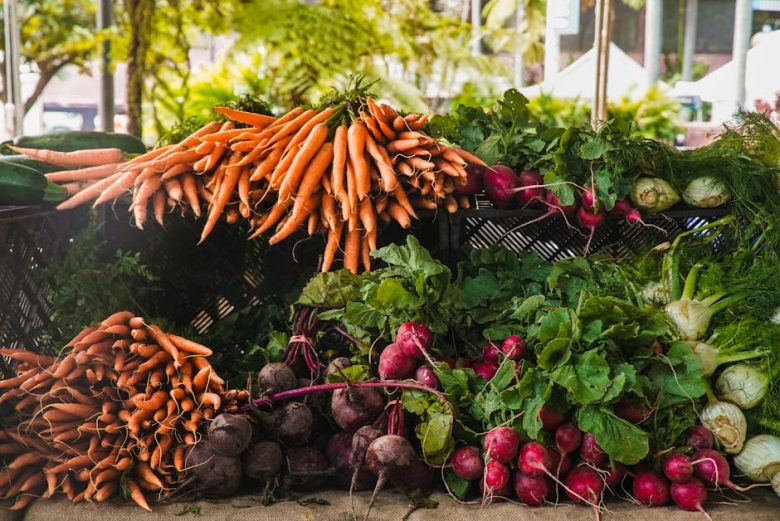In today’s world, the conversation around sustainable living practices has gained unprecedented momentum. As climate change poses an increasing threat to our planet, individuals, communities, and businesses are seeking ways to reduce their environmental footprint. Embracing sustainable living not only helps mitigate the effects of climate change, but it also promotes a healthier lifestyle and fosters a sense of community. The integration of eco-friendly practices into our daily routines is not just a trend; it’s a necessity for ensuring a greener future.
Sustainable living practices encompass a wide range of actions, from reducing waste and conserving energy to choosing sustainable products and supporting local economies. By adopting these practices, individuals can significantly minimize their impact on the environment and contribute to the well-being of future generations. This article will explore the importance of sustainable living and how it can be implemented in our everyday lives, focusing on two key areas: waste reduction and energy conservation.
One of the most effective ways to promote sustainable living is through waste reduction. The average person generates a substantial amount of waste each year, much of which ends up in landfills, contributing to pollution and greenhouse gas emissions. By adopting practices such as recycling, composting, and reducing single-use plastics, individuals can drastically decrease their waste output. For instance, composting organic waste not only diverts it from landfills but also enriches the soil, promoting healthier plant growth. Additionally, choosing products with minimal packaging and opting for reusable items can significantly lessen the amount of waste produced.
Energy conservation is another critical aspect of sustainable living practices. The energy we consume in our homes and workplaces is a major contributor to carbon emissions, which exacerbate climate change. Simple changes, such as switching to energy-efficient appliances, using LED light bulbs, and insulating homes properly, can lead to substantial reductions in energy consumption. Moreover, utilizing renewable energy sources like solar or wind power can further decrease reliance on fossil fuels. By prioritizing energy conservation, individuals not only save money on utility bills but also play a vital role in reducing their carbon footprint.
Supporting local economies is also an essential part of sustainable living. By purchasing from local farmers and businesses, individuals contribute to reducing transportation emissions associated with long-distance shipping. Local products often have a smaller environmental impact, as they are typically produced with fewer resources and less waste. Furthermore, supporting local economies fosters community resilience and strengthens social ties, creating a more sustainable and interconnected community. Farmers’ markets, local crafts, and eco-friendly businesses are excellent avenues for individuals to engage in sustainable consumption.
In conclusion, the importance of sustainable living practices cannot be overstated. By focusing on waste reduction, energy conservation, and supporting local economies, individuals can make significant strides toward a greener future. The cumulative effect of these actions can lead to a healthier planet and a more sustainable way of life. It is essential for everyone to recognize their role in this movement and to take proactive steps toward adopting sustainable practices in their daily lives.
As we navigate the challenges posed by climate change, embracing sustainable living is not merely an option—it is a responsibility. Each small change we make can have a positive impact, and together, we can build a more sustainable world for ourselves and future generations. The journey toward sustainability begins with individual choices, and it is time for us all to take action for a brighter, greener future.



